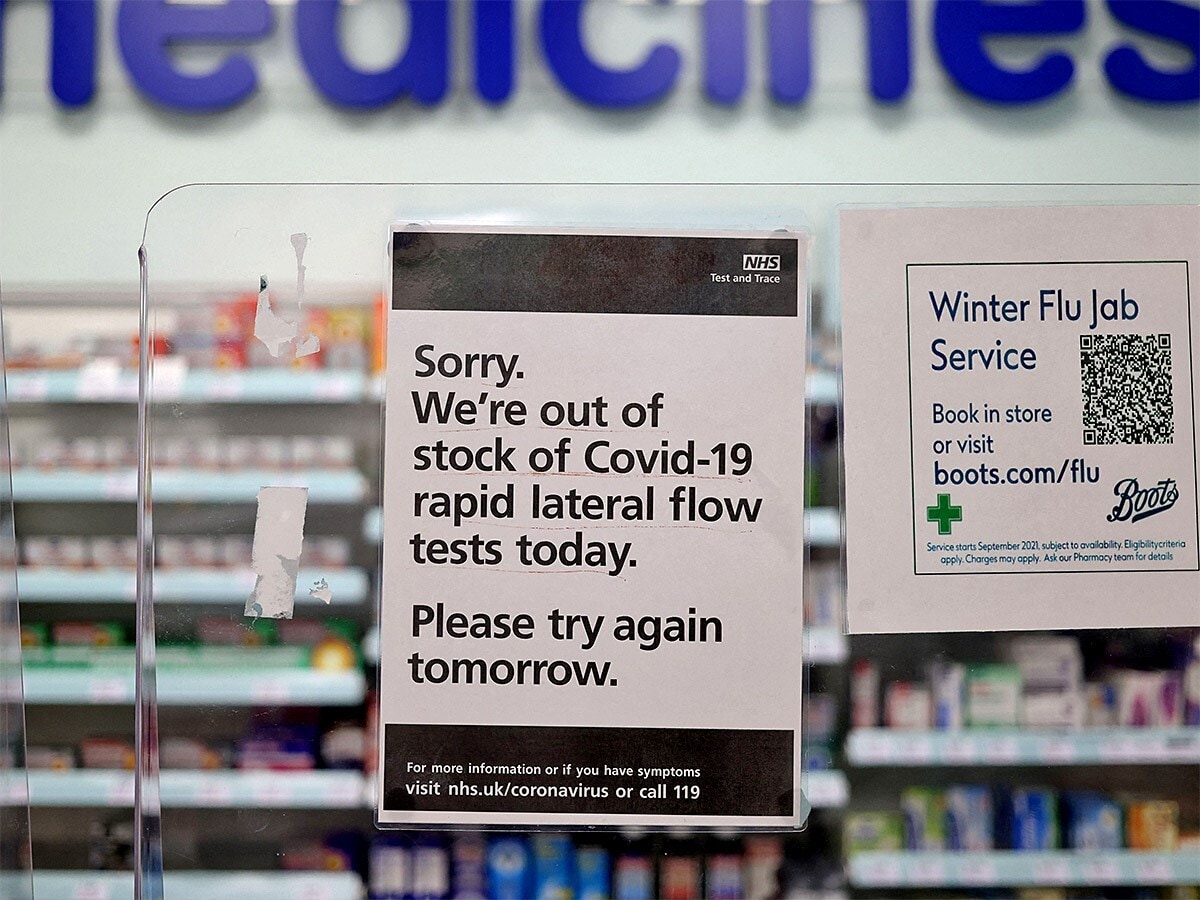Despite evidence that the new Omicron Covid-19 variant is a comparatively milder form of the virus, countries keep imposing curbs on businesses to deal with the surge and relieve pressure on health services.
In the early days of 2022 Hong Kong closed indoor venues, such as bars, eliminated large-scale events and halted flights from eight countries, including the UK, US and Australia. Elsewhere, the Ontario province of Canada closed schools, moved to remote learning and told retailers to open at only 50% capacity.
In Germany there have been discussions about imposing tough new restrictions, such as making people show proof of a booster jab before being allowed to enter cafes or bars. In South Korea there have been restrictions on opening times for bars and even the number of fully vaccinated people who can get together at one time. In New South Wales, Australia, even singing and dancing in clubs and bars have been banned.
In Peru there is a curfew in place between 11pm to 5am, and capacity limits have been tightened in shopping centres, banks and restaurants.
Last week the World Health Organization reported a record 9.5 million COVID-19 cases, a 71% increase from the previous seven days.
Stocks Impact
The resulting impact on business is leading to a number of surprising Omicron stock winners and losers.
Casting minds back to the middle of December, there were real fears that the markets would be walloped by Omicron.
“The rapid spread of Omicron finally reaches panic mode,” said Russ Mould, investment director at AJ Bell, in a note on 20 December. “Tighter restrictions across parts of Europe and fears that we could see a circuit breaker in the UK have put a chill in the air for investors. A lot of people will have been sat indoors over the weekend, watching speculation grow on the news and across social media networks that freedom of movement could be curbed once again.”
The smart money was on the pharma firms that manufactured the COVID-19 vaccine to step up to the plate with a booster campaign and see their share price soar. Indeed, the likes of Pfizer [PFE] and Moderna [MRNA] are already looking at setting up trials for Omicron-specific vaccine shots that could be available later this year.
However, despite the arrival of Omicron and the expectations that there could be a need for annual booster shots, the share prices of both Pfizer and Moderna have struggled in recent weeks. Moderna share price is down 21% since mid-December, with Pfizer shares are down 3.5% over the same period.
This could be because much of the COVID-19 upside has already been priced into these stocks, and that the relative mildness of the omicron variant — which became clearer over the Christmas and new year period — could be a sign that the pandemic is coming to an end.
Zoom Gloom
That view may also have impacted video technology group Zoom [ZM], which had a stellar lockdown in the early days of the pandemic because of remote working. However, despite countries such as the Netherlands and the UK issuing guidance to people to work from home if possible during lockdown, Zoom shares have dropped 4% since mid-December.
Amazon [AMZN], the ecommerce giant, which benefited from so many people shopping online in lockdown, has dropped 4.5% since mid-December with online delivery firm Deliveroo [ROO.L] down 11%.
Surprise Winners
Conversely some stocks, which had expected to struggle, have performed well. Delta Airlines [DAL] share price is up 11% since mid-December, with German-based travel group Tui [TUI1.DE] up 24%. Delta even issued a statement saying its flight plans were not disrupted as a result of the omicron spread taking it even higher in its category.
InterContinental Hotels Group [IHG] has seen its shares soar 13% over the same timeline, with retailers such as Target [TGT] up 4% and Marks & Spencer [MAKSY] up 17%.
Instead of Omicron, the main issue impacting stocks in the early part of 2022 is inflation and interest rates.
“There are expectations that the US Federal Reserve might go further and faster on rates if, as the market now seems to expect, the US economy shrugs off Omicron rapidly,” said Mould in a January 5 note.
Time moves quickly in the markets. Politicians might be imposing more curbs, but more forward-looking markets are not seeing Omicron in quite the same perilous way.
Continue reading for FREE
- Includes free newsletter updates, unsubscribe anytime. Privacy policy





